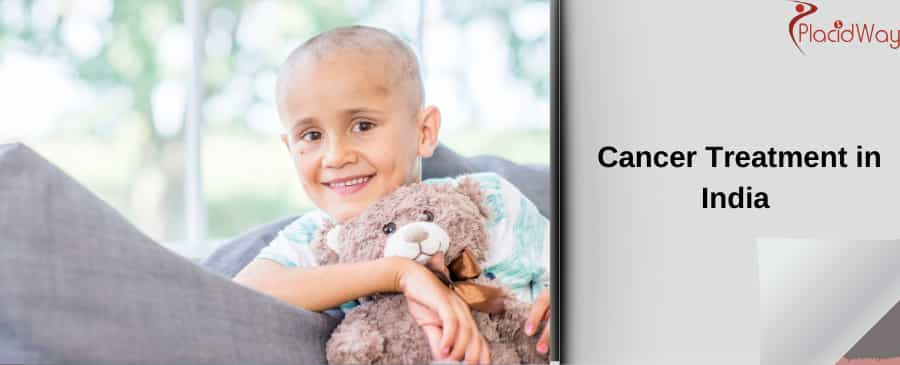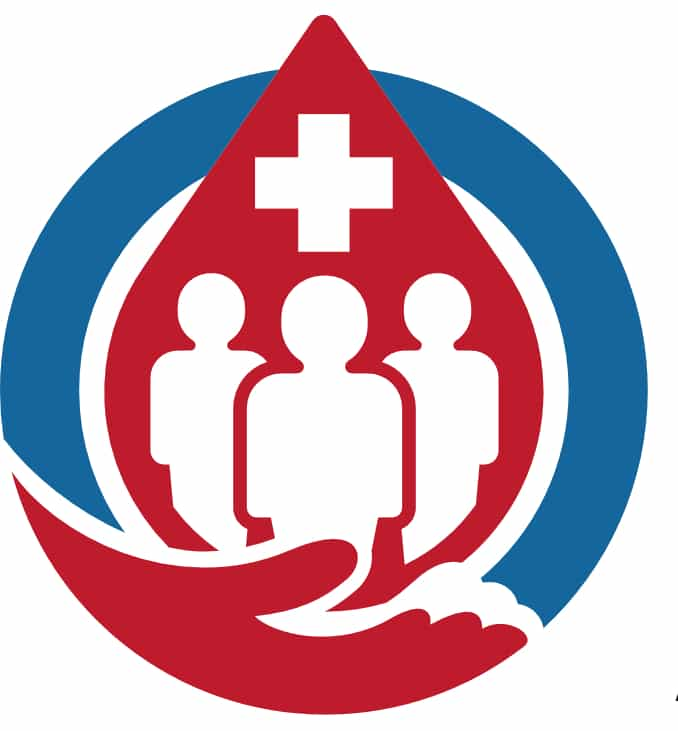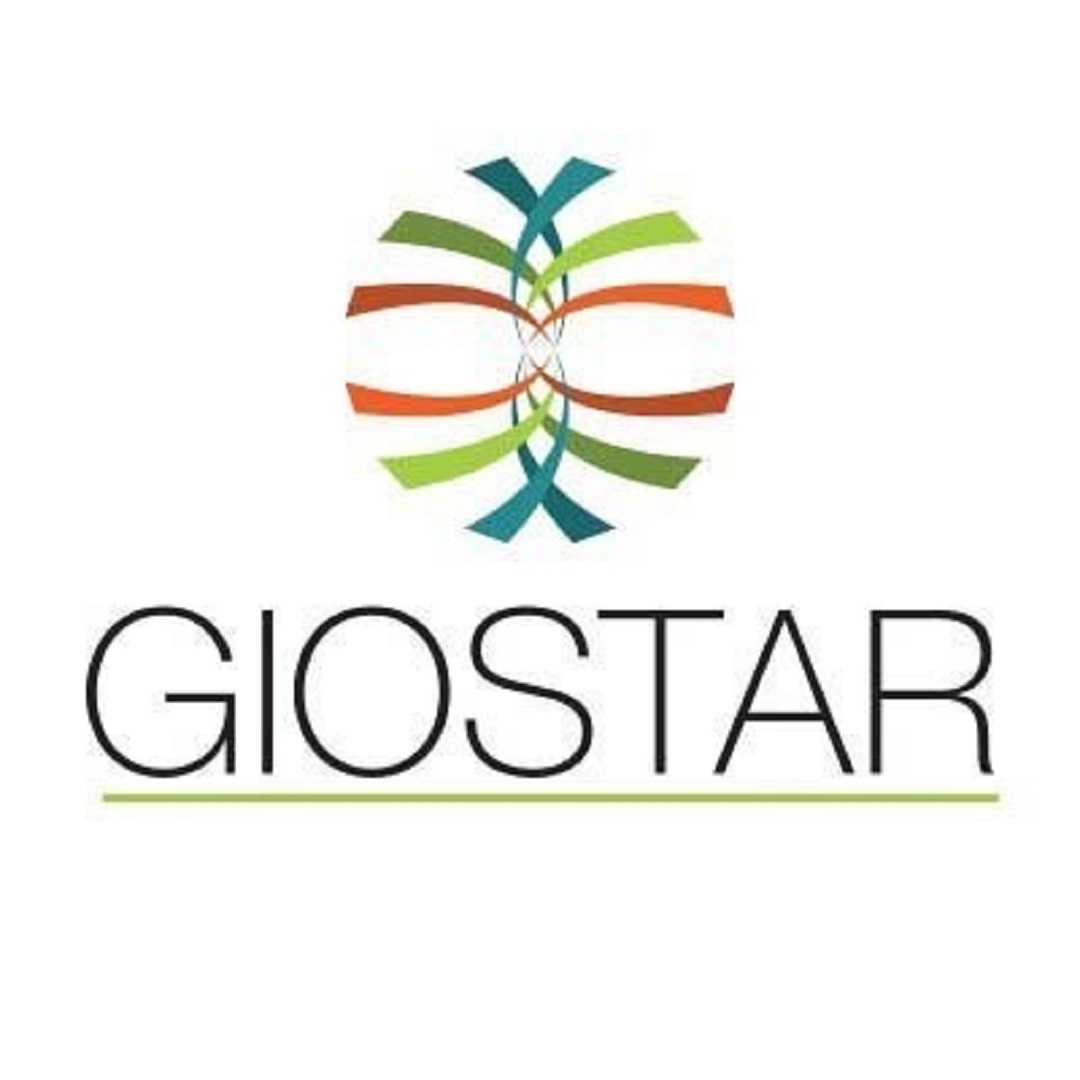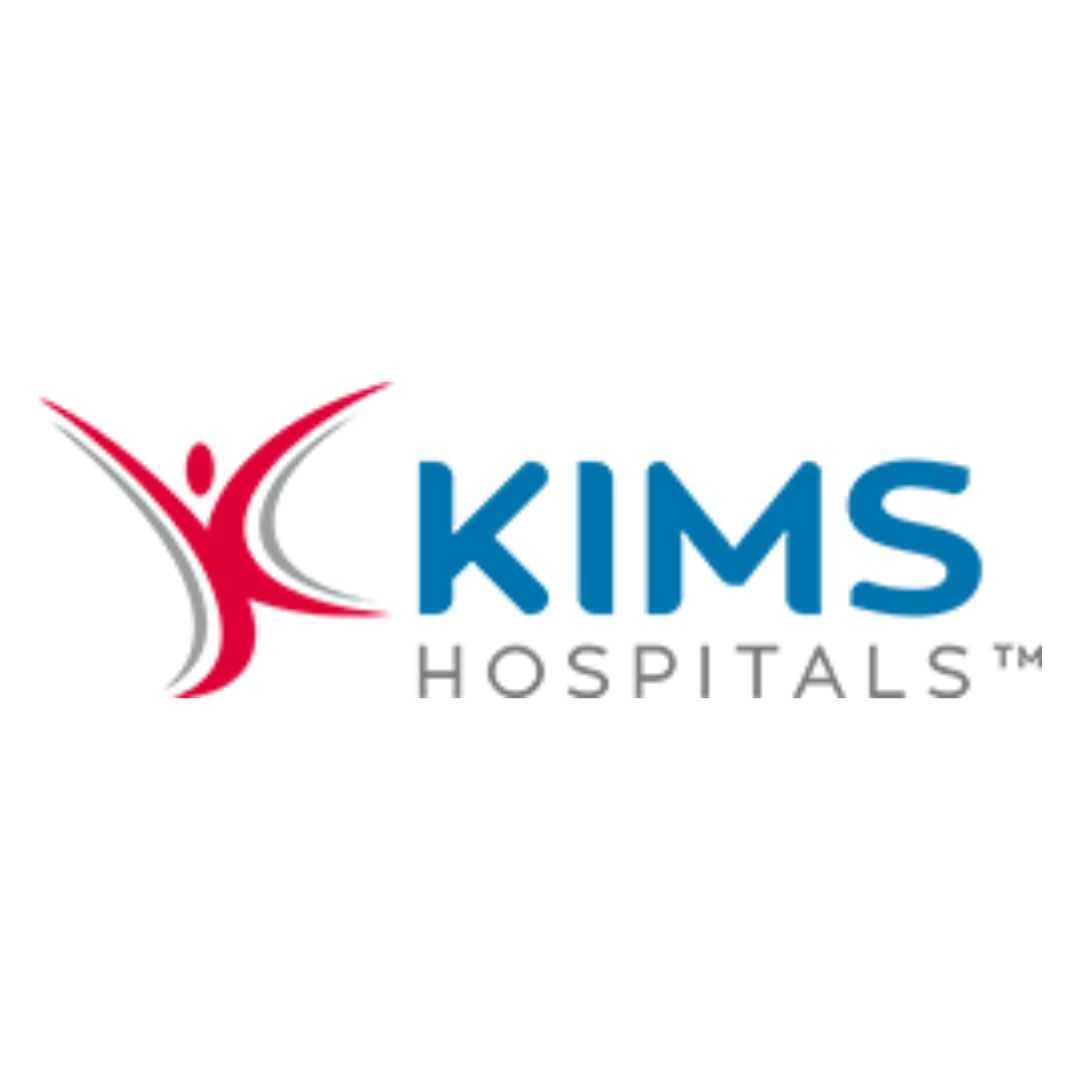The Ultimate Guide to Low-Cost, High-Quality Cancer Treatment in India

A cancer diagnosis is a life-altering event, and the subsequent journey of treatment is fraught with physical, emotional, and financial challenges. For many, the staggering cost of oncology care in their home countries adds an immense burden to an already difficult situation. This is where India has emerged as a beacon of hope, offering a powerful combination of advanced medical technology, highly skilled oncologists, and, most importantly, unparalleled affordability. Medical tourism to India for cancer treatment is not just a growing trend; it's a lifeline for thousands of international patients seeking high-quality care that doesn't lead to financial ruin. The prospect of saving tens, or even hundreds, of thousands of dollars makes India a compelling destination for those battling this formidable disease. This comprehensive guide will delve into the specifics of why cancer treatment in India is so affordable and what medical tourists can expect. We will explore the costs of various treatments, from chemotherapy and radiation to complex surgical procedures. We'll also shed light on the factors that influence these costs, the quality of care available in top Indian hospitals, and the success rates that rival global benchmarks. By the end of this article, you will have a clear and detailed understanding of the financial landscape of cancer care in India, empowering you to make an informed decision about your or your loved one's treatment journey.
What is the cost of cancer treatment in India compared to Western countries?
The primary driver for the surge in medical tourism to India for oncology care is the staggering cost difference. This is not due to a compromise in quality but rather a combination of economic factors. Lower operational costs, more affordable medical supplies, and a favorable currency exchange rate all contribute to the reduced prices. The Indian government has also actively promoted the country as a medical tourism hub, leading to a competitive healthcare market that benefits patients. To put this into perspective, let's look at a comparative table of common cancer treatments:
| Treatment | Estimated Cost in India (USD) | Estimated Cost in the U.S. (USD) |
|---|---|---|
| Chemotherapy (per cycle) | $130 - $4,000 | $1,000 - $12,000 |
| Radiation Therapy (full course) | $2,000 - $8,000 | $10,000 - $50,000 |
| Bone Marrow Transplant | $13,000 - $20,000 | $150,000 - $300,000 |
| Proton Therapy | $12,000 - $20,000 | $100,000+ |
These figures clearly illustrate the immense financial relief that choosing India for cancer treatment can provide. Even when factoring in the costs of travel and accommodation, the total expenditure is often a fraction of what patients would face in their home countries.
What are the average costs of specific cancer treatments in India?
Understanding the estimated costs of different treatment modalities can help in financial planning. While these are approximate figures and can vary, they provide a good baseline for what to expect. Here's a more detailed breakdown of costs for various cancer treatments in India: Chemotherapy: The cost per cycle can range from as low as $130 for conventional chemotherapy to around $4,000 for more advanced targeted therapies and immunotherapy. Radiation Therapy: A full course of external beam radiation therapy typically costs between $2,000 and $8,000. Advanced techniques like CyberKnife may be slightly higher. Surgical Oncology: The cost of cancer surgery is dependent on the type and complexity of the procedure. For example: Breast Cancer Surgery (Mastectomy): $2,000 - $4,500 Lung Cancer Surgery: $7,000 - $10,000 Prostate Cancer Surgery (Prostatectomy): $5,000 - $9,000 Brain Tumor Surgery: $4,700 - $17,800 Bone Marrow Transplant: This life-saving procedure for blood cancers is remarkably affordable in India, with costs ranging from $13,000 to $20,000.
What factors can influence the final cost of my treatment?
While the baseline costs are low, it's important to understand the variables that can affect your final bill. Type and Stage of Cancer: More advanced or aggressive cancers typically require more extensive and prolonged treatment, which will naturally increase the cost. Hospital Choice: India has a range of hospitals, from government-subsidized institutions to private, super-specialty centers. JCI and NABH-accredited private hospitals, which are popular with medical tourists, will have higher costs but offer world-class amenities and services. City of Treatment: The cost of living and medical services can vary between metropolitan cities like Mumbai and Delhi and other cities like Chennai or Bangalore. Medical Team's Expertise: The fees for highly sought-after and experienced oncologists and surgeons will be higher. Treatment Plan: The specific combination of drugs, the number of chemotherapy or radiation cycles, and the need for any additional supportive therapies will impact the cost. Hospital Stay: The length of your hospitalization and the type of room you choose (e.g., private vs. semi-private) will be a significant factor.
Are there other expenses I should budget for as a medical tourist?
A well-planned budget is crucial for a stress-free medical journey. Here are the key non-medical expenses to consider: Airfare: This will vary greatly depending on your country of origin and the time of booking. Visa: You will need to apply for an Indian Medical Visa, which has an associated fee. Accommodation: While some hospitals offer rooms for attendants, you will likely need to book a hotel or a guesthouse for the duration of your stay. Costs can range from $30 to $100 per night for comfortable lodging. Food and Local Transport: India offers a wide range of affordable food and transport options. A daily budget of $30 to $50 is usually sufficient. Contingency Fund: It's wise to set aside an extra 10-15% of your total budget for any unexpected expenses, such as an extended hospital stay or additional diagnostic tests.
Is the quality of cancer care in India comparable to Western standards?
The affordability of cancer treatment in India does not come at the expense of quality. The country's leading private hospitals have invested heavily in state-of-the-art infrastructure and technology. You will find advanced diagnostic tools like PET-CT scans and the latest treatment modalities, including: Robotic Surgery: Minimally invasive surgical options that lead to faster recovery. Proton Therapy: A highly precise form of radiation that targets tumors while sparing surrounding healthy tissue. Immunotherapy and Targeted Therapy: The latest advancements in cancer treatment that harness the body's immune system or target specific cancer cell abnormalities. CyberKnife and Gamma Knife: Advanced radiosurgery systems for treating tumors with pinpoint accuracy. Furthermore, many of India's top oncologists and surgeons have trained and worked in renowned medical institutions in the U.S., U.K., and other Western countries, bringing a wealth of international experience and expertise to their practice.
What are the success rates for cancer treatment in India?
Patient outcomes are a critical consideration, and India's top cancer centers have a proven track record of success. The success rates vary depending on the type and stage of cancer, but they are consistently high, particularly when the disease is detected early. Here's a look at the approximate success rates for some common cancers treated in India (for early stages): Breast Cancer: Up to 95% Prostate Cancer: Up to 98% Leukemia (with BMT): Up to 90% Lung Cancer: Up to 80% Colorectal Cancer: Up to 95% These impressive statistics are a testament to the high standard of care provided in Indian hospitals and the skill of their medical teams.
Which are the best hospitals for cancer treatment in India for international patients?
When choosing a hospital, it's essential to look for those with a dedicated international patient services department. These teams are experienced in handling the unique needs of medical tourists, from visa assistance to language interpretation and accommodation arrangements. Some of the leading cancer hospitals in India include: Apollo Hospitals (various locations, including Chennai and Delhi): Known for its advanced Proton Cancer Centre. Fortis Memorial Research Institute (Gurgaon): A JCI-accredited facility with a strong focus on oncology. Max Healthcare (various locations in Delhi NCR): Offers comprehensive cancer care with a multidisciplinary approach. HCG Cancer Centre (Bangalore): A specialized cancer hospital with a large network across India. Tata Memorial Hospital (Mumbai): A government-funded institution that is a leader in cancer research and treatment, offering highly subsidized care.
How do I get a medical visa for cancer treatment in India?
The process of obtaining a medical visa for India is relatively straightforward. Consult with an Indian Hospital: The first step is to have an online consultation with a hospital in India. You will need to share your medical reports. Receive a Visa Invitation Letter: Once the hospital's medical team has reviewed your case and recommended a treatment plan, they will issue a visa invitation letter. Apply Online: You can then apply for the e-Medical Visa through the official Indian government portal. You will need to upload the required documents, including your passport and the invitation letter. Receive Electronic Travel Authorization (ETA): If your application is approved, you will receive an ETA via email, which you must print and carry with you when you travel to India. The initial duration of the e-Medical Visa is typically 60 days, but it can be extended in India if your treatment requires a longer stay. Embarking on a journey for cancer treatment abroad can be daunting, but the path to affordable, world-class care is clear. PlacidWay is here to guide you every step of the way, connecting you with India's leading cancer hospitals and experienced oncologists. Explore your options with us and take the first step towards a healthier future.


.png)














Share this listing